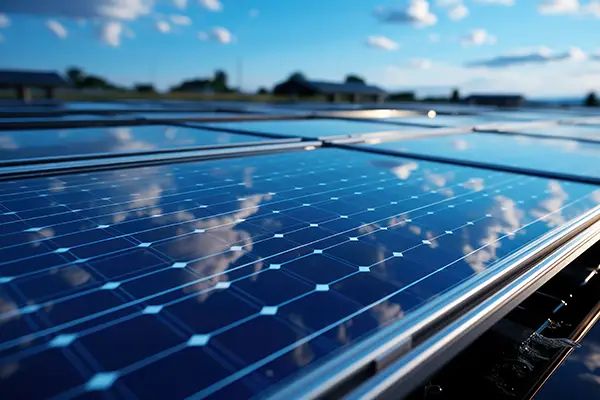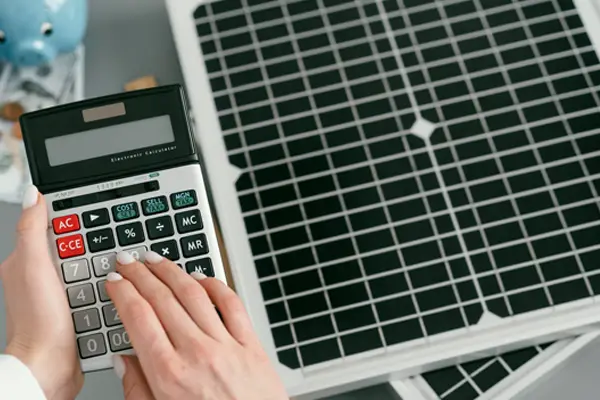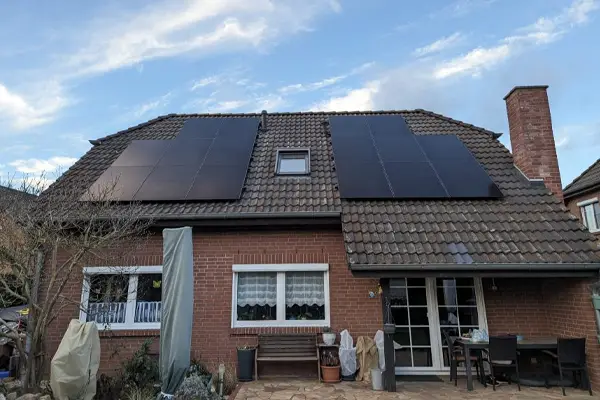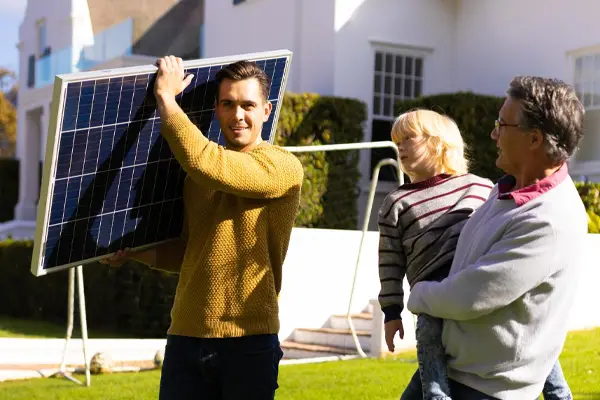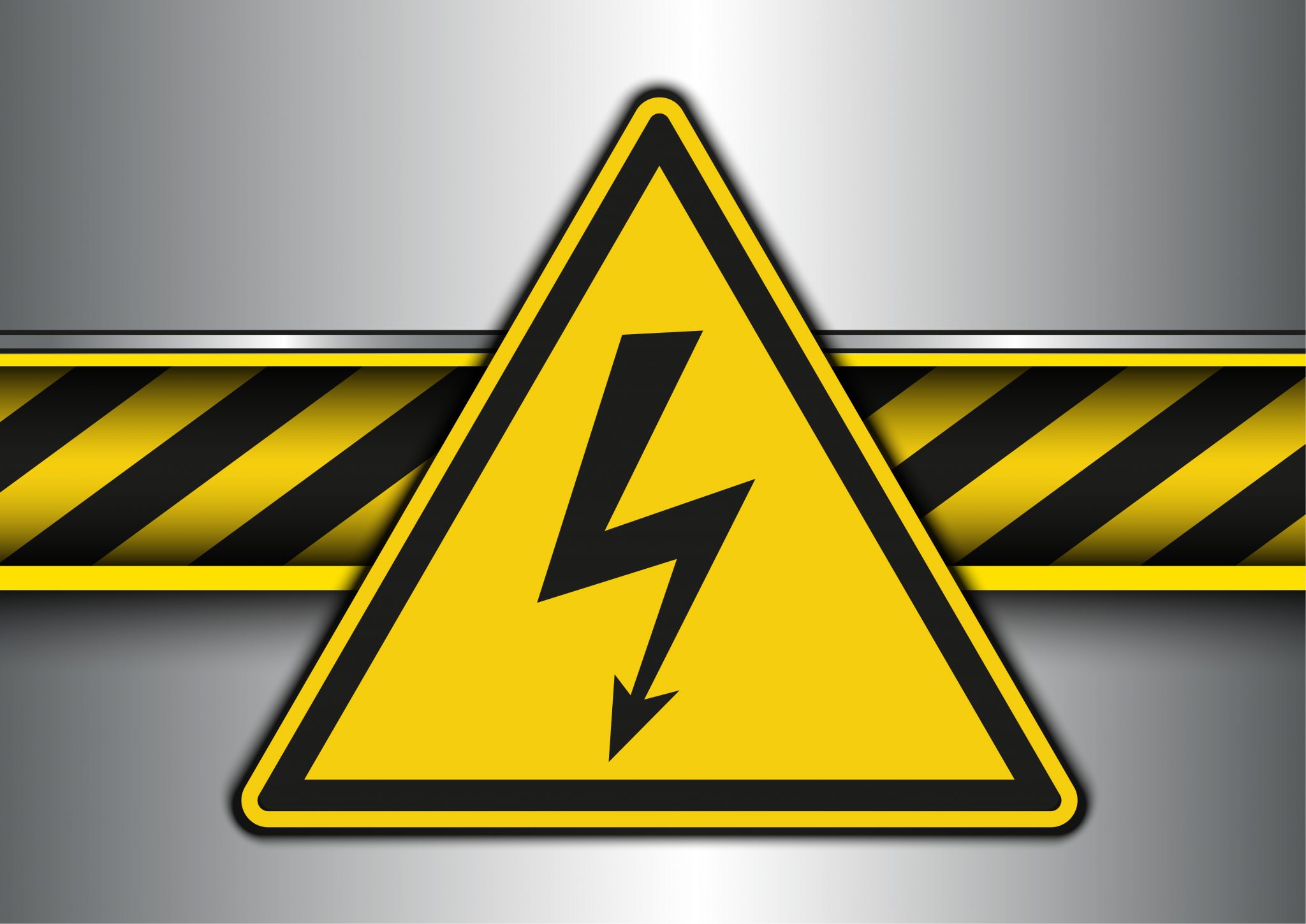Failure by planing a solar system?
Planning a solar system can fail due to various reasons, often related to inadequate assessment, poor design, or external factors. Here are some common causes of failure when planning a solar system:
Inadequate Site Assessment
- Shading: Failure to account for shading from trees, buildings, or other structures can significantly reduce solar panel efficiency.
- Orientation and Tilt: Incorrectly positioning the solar panels in relation to the sun can lead to suboptimal energy production.
- Roof Condition: Installing solar panels on a roof that is in poor condition or not structurally sound can lead to additional costs and complications.
Financial and Economic Miscalculations
- Underestimating Costs: Not accounting for all the costs associated with installation, maintenance, and potential repairs can lead to budget shortfalls.
- Overestimating Savings: Being overly optimistic about the energy savings and payback period can result in disappointment and financial strain.
Technical and Component Issues
- Poor Quality Equipment: Using low-quality solar panels, inverters, or mounting systems can lead to system failures and reduced lifespan.
- Improper Installation: A solar system that is not installed correctly can suffer from reduced performance and increased risk of damage.
Regulatory and Policy Challenges
- Permitting Issues: Not obtaining the necessary permits or not complying with local regulations can lead to legal problems and delays.
- Changes in Incentives: Relying on government incentives that may change or expire can affect the financial viability of the project.
Environmental and Climatic Factors
- Extreme Weather: Not planning for extreme weather conditions such as hurricanes, hail, or heavy snow can lead to system damage.
- Degradation Rates: Failing to consider the natural degradation rate of solar panels over time can lead to overestimation of long-term energy production.
Lack of Expertise
- Inexperienced Contractors: Hiring contractors without proper experience or credentials can result in poor system design and installation.
- DIY Mistakes: Attempting to install a solar system without the necessary skills or knowledge can lead to failures and safety hazards.
To avoid these failures, it is crucial to conduct thorough research, work with qualified professionals, and consider all aspects of solar system planning, from financial calculations to technical specifications and regulatory compliance. Regular maintenance and monitoring can also help identify and address issues before they lead to system failure.

